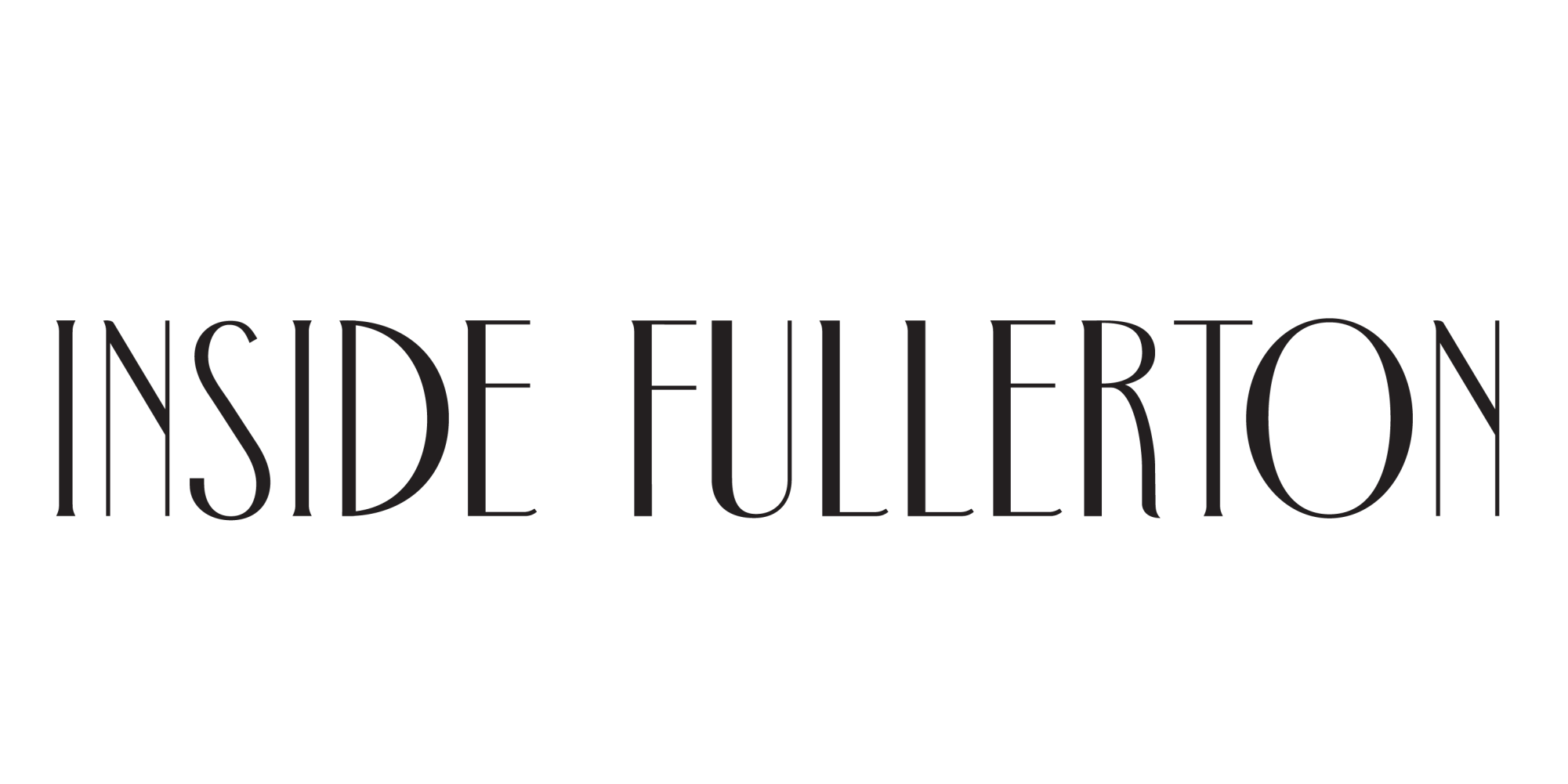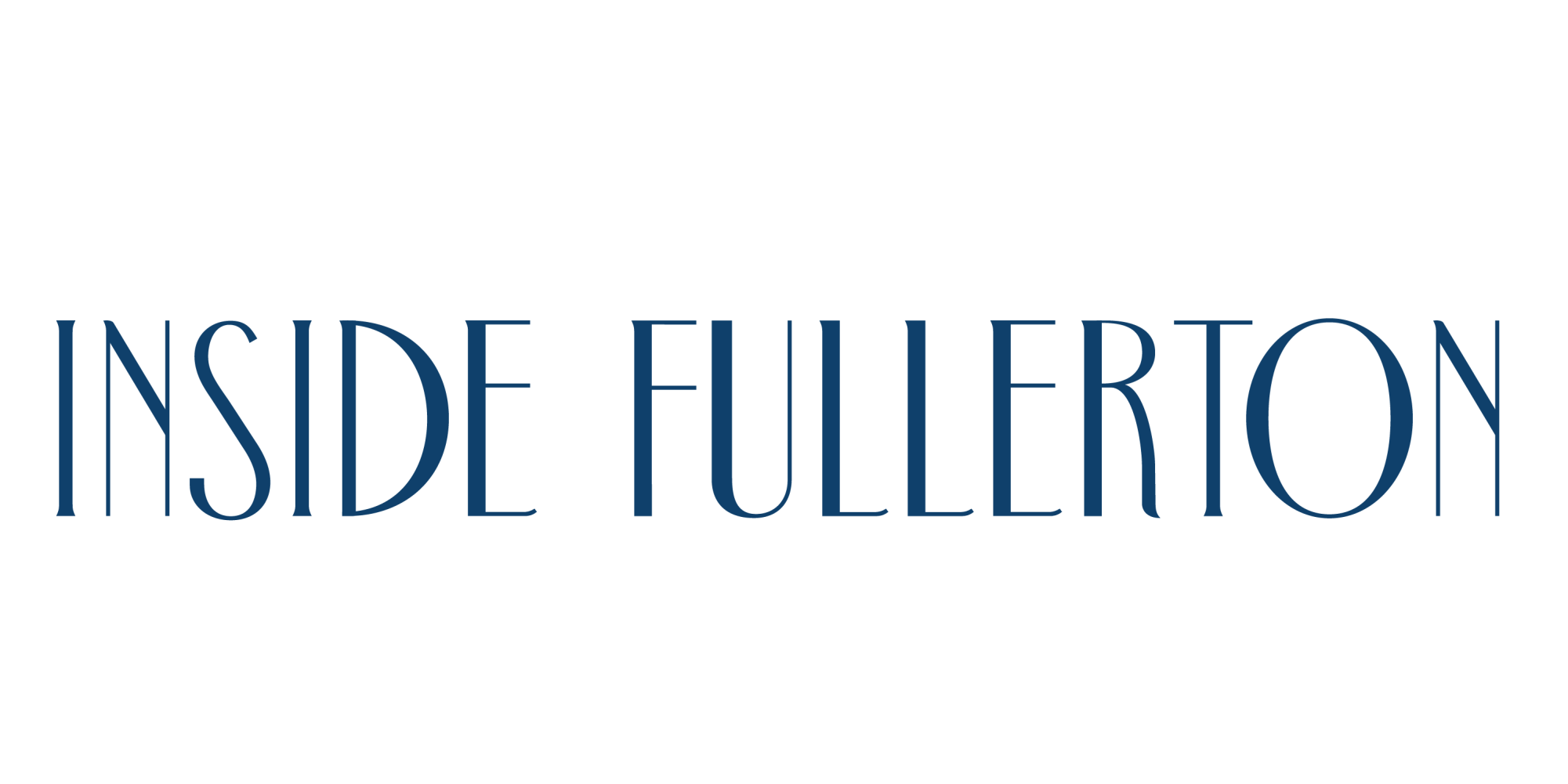Before starting college, Dell Pham’s father gave her a piece of advice that still haunts her:
Pham knew from a young age that she was queer, bold and creative. She grew up to be rebellious as she pursued the arts instead of the medical career her parents wanted for her. With her short wolf-cut hairstyle, Hot Topic gear, and platform boots, she is navigating the untraditional route.
Asian students make up 14.6% of the population at Fullerton College. Within this group of students, there are complex stories with shared and contrasting experiences. These students come from different socio-economic backgrounds, familial upbringing and have a distinct range of expectations set for them. Some students deal with overbearing parents who expect them to be clean-cut Asian kids with perfect grades. Others may have lenient parents who simply want stability for their children. These struggles and expectations that community college students face are driven by the model minority myth and the tiger parenting stereotype.
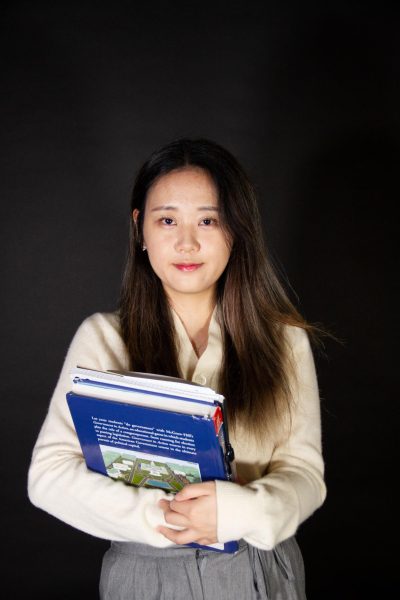
Pham, a Vietnamese American and second-year student at Fullerton College, recalls her father’s story as a first-generation immigrant. He moved to the United States at 11 years old after the Vietnam War and became a successful businessman.
“He’s very proud of himself because he’s like ‘I’m an immigrant and I pulled myself up by my own bootstraps; I did the whole American dream thing,’” says Pham. “He wants me to have that same thing.”
Throughout high school, she was burnt out by chasing straight A’s, the only acceptable grade for her parents. Therefore, when she brought home a B, her parents angrily threw items around the house.
During COVID-19, her father saw her report card that displayed two C’s—one in chemistry and another in math. He confronted her with a yelling match that resulted in him taking away everything she enjoyed: her phone, laptop, and makeup. He even threatened to take her out of school because of her low grades.
“It all comes from a good place but I felt it was overkill. I did get my stuff back when the school year ended but in the moment, it was over two C’s,” says Pham.
According to Rosie Kar, a professor of Asian American Pacific Islander Studies at Fullerton College, “Tiger parenting refers to a very strict and authoritarian style of parenting that the outcome is meant to produce high-achieving children. And so this is a kind of racialized trope.”
Parents who practice this style of parenting often expect their kids to become academically and financially successful. If these expectations are not met—excellent grades, attending an Ivy League university, or a career in the STEM field—students deal with familial shame.
In relation to tiger parenting, filial piety plays a role in the choices that students make regarding their educational and career choices.
“This idea that children are indebted in some ways to their parents, their elders, their ancestors,” says Kar, “And so within the framework of tiger parenting and filial piety, if you disappoint your family, if you disappoint your elders, then there is shame attached to that.”
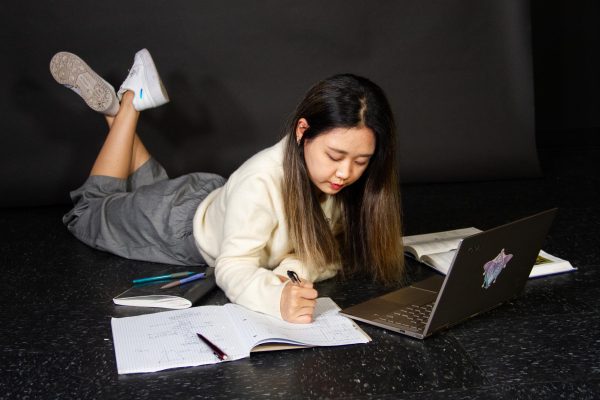
Initially, Pham planned to apply to art colleges after high school. Her father told her to attend community college with their financial support instead, hoping she would change her mind and find a traditional career path. Community college serves as a compromise for both parties and she says it allows her to explore various artistic paths. She is currently taking illustration classes and dabbling in screenwriting to figure out exactly what she wants to do.
In addition to academic pressure, Pham experiences criticism for her self-expression and assimilation to American culture. Her style includes eccentric makeup and all-black alternative outfits. She recalls times when her father took away her makeup simply because he did not like her style.
“Growing up Asian also contributed to my gravitation toward artsy stuff and alternative fashion and music. I discovered I was queer from a very young age,” says Pham, “There’s a lot of power there and self-expression, and my parents don’t like that.”
In the end, she says they accept her sexuality, her style, and her career choices. She says she is an adult now and they cannot control her decisions. Despite finding a compromise, they would still prefer for her to fit a cookie-cutter image—a clean, modestly-dressed Asian student.
Unlike Pham, Lainey Beltran had parents who were inattentive but still managed to set high career expectations. Beltran was raised in Tondo, Manila in the Philippines by a single mother who worked long hours while her father lived overseas. He petitioned for her and her brother to come to the U.S. for a better life at 16 years old.
Beltran, a first-year student, is majoring in business finance in order to pursue a career in creative writing and music. However, she felt pressure to take a traditional route from her dad’s side of the family.
“As Filipinos, it’s just like a given for you to have a college degree and it’s just kind of expected of you to be a nurse,” says Beltran. The pressure became greater when she came to the U.S. and was told, “You’re here now, you might as well go into the route that’s safe and that has merit.”
Beltran comes from a family of nurses and engineers. When she tells them about her creative pursuits, she is met with uncertain responses. She says they tell her that a career in nursing would make her life easier and that she needed the structure. This pushed her to lie, saying she was working on a medical degree to avoid being told she was going to fail at her chosen career.
“I mean in the Philippines, you can really see that they don’t value individualism, they value the legacy of your family,” says Beltran.
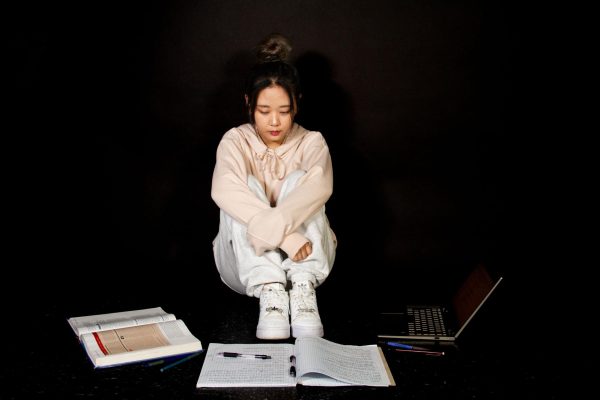
According to the model minority myth, Asian Americans are quiet, passive, and monolithic. Most notably, it ties to this idea that all Asian Americans are highly educated and come from great wealth, which would explain why the medical field was forced on Beltran.
According to Kar, “Since the end of World War II, the myth of Asian Americans and their perceived collective success has been used as a wedge to pin people of color against each other, to minimize the role that racism has played in the struggles of other communities of color.”
Kar also says that the model minority myth is harmful as it erases the complicated experiences that different Asian groups deal with.
In Beltran’s experience, the model minority myth was internalized by herself and her family which only made her question her educational decisions.
Another reason why she deals with uncertainty in her choices is due to the lack of parental guidance. Despite living with her mother for most of her life, Beltran barely spent time with her because of her mother’s exhausting work schedule. After her father brought her to live in the U.S., she was forced to grow up fast—moving out and paying her own bills before her peers.
She occasionally sends money to her mother who still lives in the Philippines but is unable to communicate with her due to the distance. She says her father is busy with his other family, leaving her and her brother to live alone while pursuing their careers.
“They both have their own life outside of me. It made me really lack some structure but I’m kind of just navigating being an adult at this point,” says Beltran.
Despite their absence, her parents speak highly of her and her brother. According to Beltran, throughout her life, her parents tell others that she is well-behaved, intelligent, and mature for her age. Although this appears to be positive, she says this was harmful because she was treated like an adult at an early age and was left to make mature decisions on her own.
Today, Beltran continues to pursue a career in creative writing and shares her work online. She says this has empowered her to open up about her aspirations to her family and has grown to become more confident in her life decisions.
From overbearing to unavailable parents, Nathan Flores says he feels lucky that his’ are emotionally and academically supportive.
Flores is a Filipino-American, fourth-year student who is pursuing a degree in education. He is working toward becoming an elementary school teacher for special-ed. His parents never pushed him to be in the medical field or attend a four-year university right out of high school.
“I would say for the most part, my parents are pretty unconventional,” says Flores. “They encouraged me and my siblings to pursue whatever made us happy.”
Flores hit a roadblock when he could not decide what to pursue. Before majoring in education, he was a mathematics major, which is a more traditional route for some Asian students. Eventually, he decided to pursue a major that aligned with his interests, and he chose music. After trying that path, he realized it was too technical, and he wanted to pursue a more creative career.
During COVID-19, Flores says he felt burnt out and did not know which path to follow. He took two years off from school without telling his parents.
“It wasn’t necessarily that they were opposed to the majors I was choosing, it’s just that my parents wanted me to pick one fast so I wouldn’t finish last. You know they didn’t want me to linger in school for too long,” says Flores.
Flores’ mother did not know that he was taking a break from school. At 6 a.m. on his way to his shift at the smoothie bar, he got a call from his mother asking if he started the semester like his other family members. He finally told her the truth and hung up before he could hear her reaction.
He says his mother was unhappy with his choice to take a break but said she understood. He felt a sense of relief after communicating with his mother about feeling stressed and being unsure of what he wanted to pursue.
Flores promised her that he would go back the following semester, where he then took courses like child development. After landing a job working with elementary students, he found his passion for teaching.
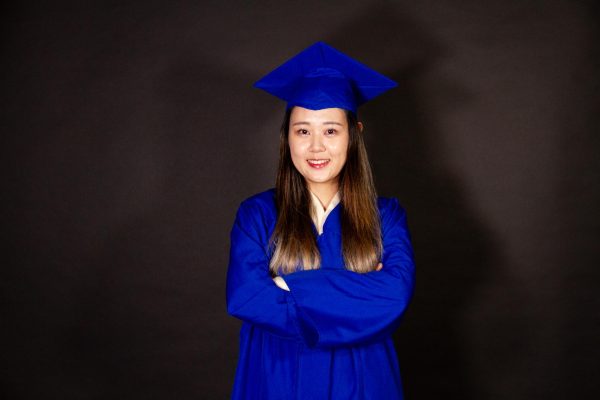
Pham, Beltran, and Flores’ stories go to show that not all Asians share the same experience. The rhetoric around tiger parenting and the model minority myth do not represent the complicated challenges that Asian American students face. People are convinced to believe that community college is a last resort or a sign of failure by the media and culture. But for these students, community college serves as a place for self-discovery.
To all the Asian American students who may be dealing with similar pressures, Kar recommends staying connected, finding community wherever you can, and having open conversations with your parents.
She also advises students to nurture their creativity and to consume media that contains smart writing. She says to read work by Asian writers and watch films with Asian leads because there is a range of stories to be told.
“Asian Americans are not a monolith,” says Kar. “There are so many Asian American students or Asian American identifying students who come from a variety of backgrounds, and so there’s a variety of experiences.”
Taken from the Fall 2023 print issue of Inside Fullerton. Read it here.
